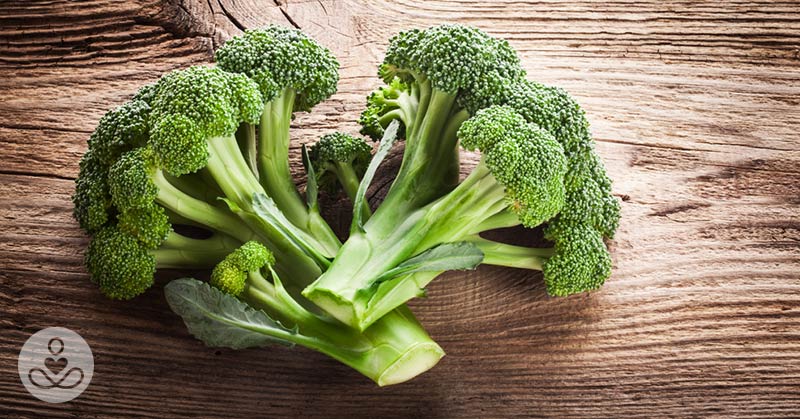
Broccoli, often a polarizing vegetable, has a multitude of health benefits that go beyond just its florets. The stalks, leaves, and sprouts all contribute to its nutritional value, so don’t overlook these parts next time you see broccoli at the grocery store.
Health Benefits of Broccoli
1. Broccoli is a rich source of glucoraphanin, which converts to sulforaphane, an antioxidant that can assist with cholesterol control and fighting oxidative stress (1,2).
2. Its high antioxidant content, including vitamin C, vitamin K, lutein, zeaxanthin, and flavonoids, can help reduce inflammation and support a healthy immune system (3-5).
3. Studies have shown that broccoli may have protective properties against various forms of cancer, including breast, prostate, stomach, colorectal, kidney, and bladder cancers (6).
4. Broccoli sprouts have been linked to potentially decreasing insulin resistance in individuals with type 2 diabetes (7).
5. With about 15 grams of fiber per head, broccoli can aid in controlling blood sugar levels, maintaining digestive health, and promoting regularity (8,9).
6. The rich antioxidant activity of sulforaphane in broccoli also supports liver function by reducing oxidative stress, with broccoli sprouts being an especially concentrated source of sulforaphane (10,11).
Is there such a thing as eating too much broccoli?
While broccoli offers numerous health benefits, consuming excessive amounts may have negative effects for certain individuals:
Hypothyroidism: Broccoli contains goitrogens that can impact thyroid hormone absorption, potentially harming individuals with hypothyroidism (12).
Taking blood thinners: The high vitamin K content in broccoli may interfere with anticoagulant medications (13).
Sensitive digestive system: Those with IBS or chronic digestive sensitivities may experience gas and flatulence from consuming cruciferous vegetables. It’s important to consult a healthcare provider to determine the appropriate intake of broccoli for individual digestive systems, although broccoli can also aid in alleviating constipation (14,15).
How to prepare broccoli
To preserve the nutritional value of broccoli, it’s best to consume it raw or lightly steamed. Steaming for over three minutes can significantly reduce the antioxidant content of broccoli (16).
Additionally, broccoli leaves and stalks offer similar nutritional benefits to the florets and should not be wasted. Consider incorporating them into smoothies, salads, or cooking them alongside the heads (17-19).
Video: Vegan Broccoli Salad
Disclaimer: This information is not intended to be a substitute for professional medical advice, diagnosis, or treatment. Always consult with a qualified healthcare provider regarding your medical condition and medication. Do not disregard professional medical advice based on the information provided here.





